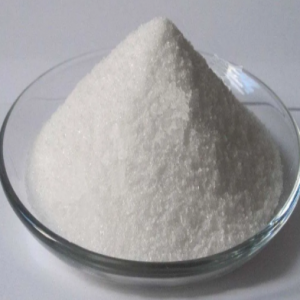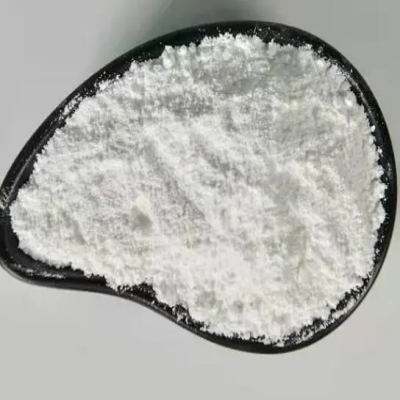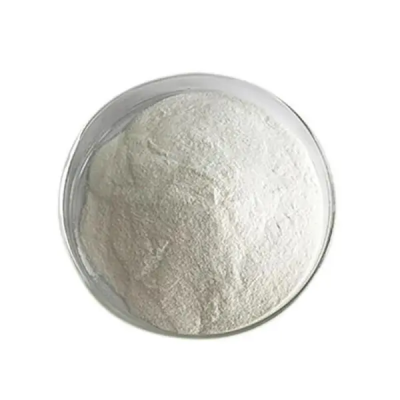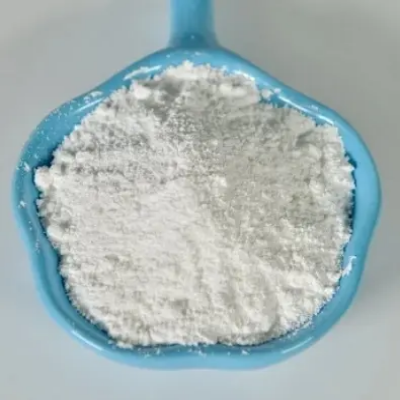D-(+)-Cellobiose CAS:528-50-7
Substrate for enzymatic hydrolysis: Cellobiose serves as a substrate for cellobiase enzymes, which can hydrolyze it into glucose molecules. This enzymatic hydrolysis is an essential step in the conversion of cellulose into biofuels such as ethanol.
Role in cellulose degradation: Microorganisms, such as bacteria and fungi, use cellobiose as an intermediate during the degradation of cellulose. Cellobiose is produced by the enzymatic breakdown of cellulose and is further metabolized to glucose, which can be utilized as an energy source.
Industrial applications: Due to its considerable stability, cellobiose is used in various industrial applications. It is employed as a component in growth media for microorganisms that produce enzymes capable of cellulose degradation. Cellobiose is also used as a carbon source in fermentation processes for the production of various chemicals and fuels.
Research tool: Cellobiose is widely used as a research tool in the study of carbohydrate metabolism and enzymatic reactions. It is frequently employed in biochemical experiments to investigate the specific activity and kinetics of cellobiase enzymes.


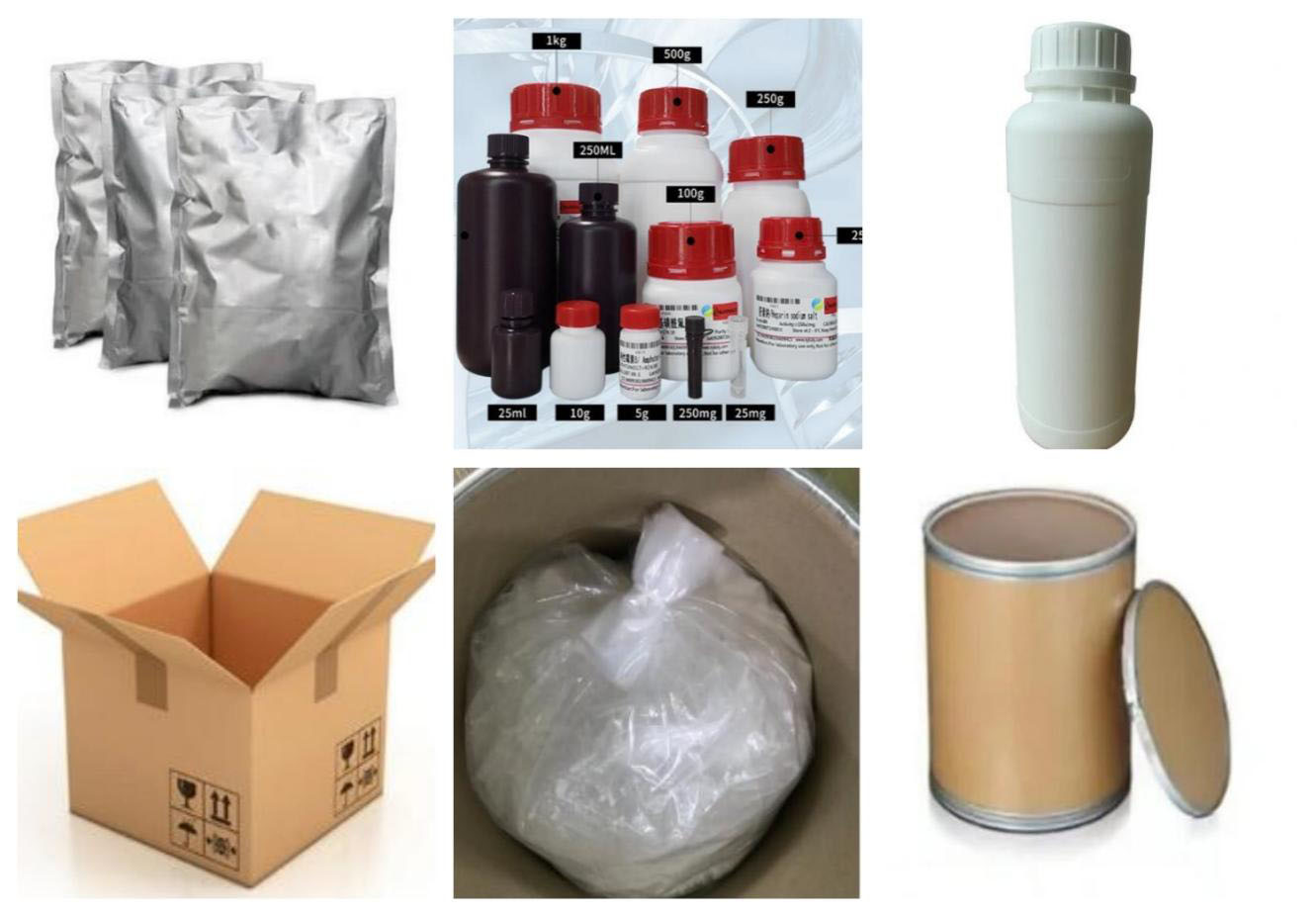
| Composition | C12H22O11 |
| Assay | 99% |
| Appearance | White crystalline powder |
| CAS No. | 528-50-7 |
| Packing | Small and bulk |
| Shelf Life | 2 years |
| Storage | Store in cool and dry area |
| Certification | ISO. |



